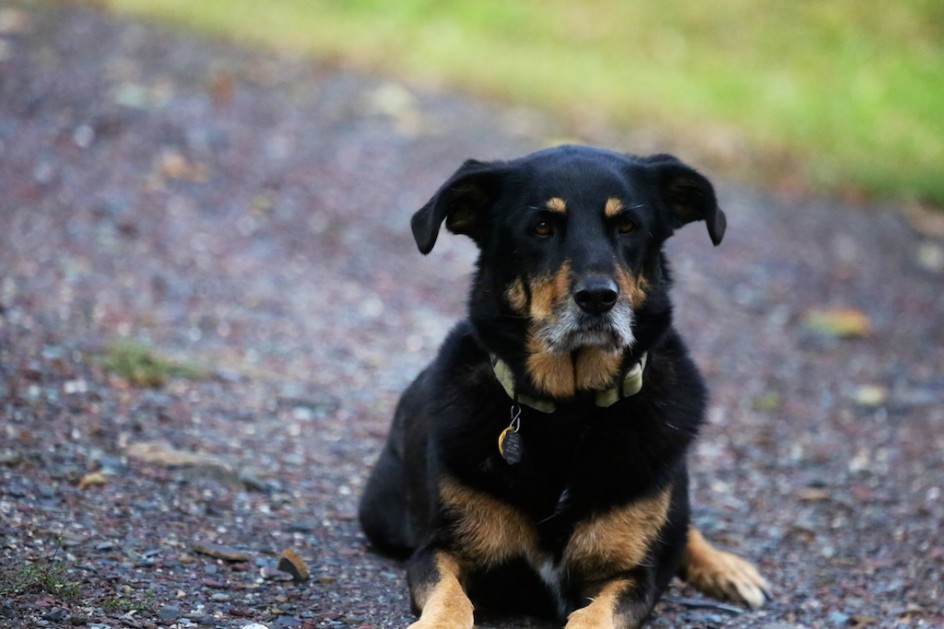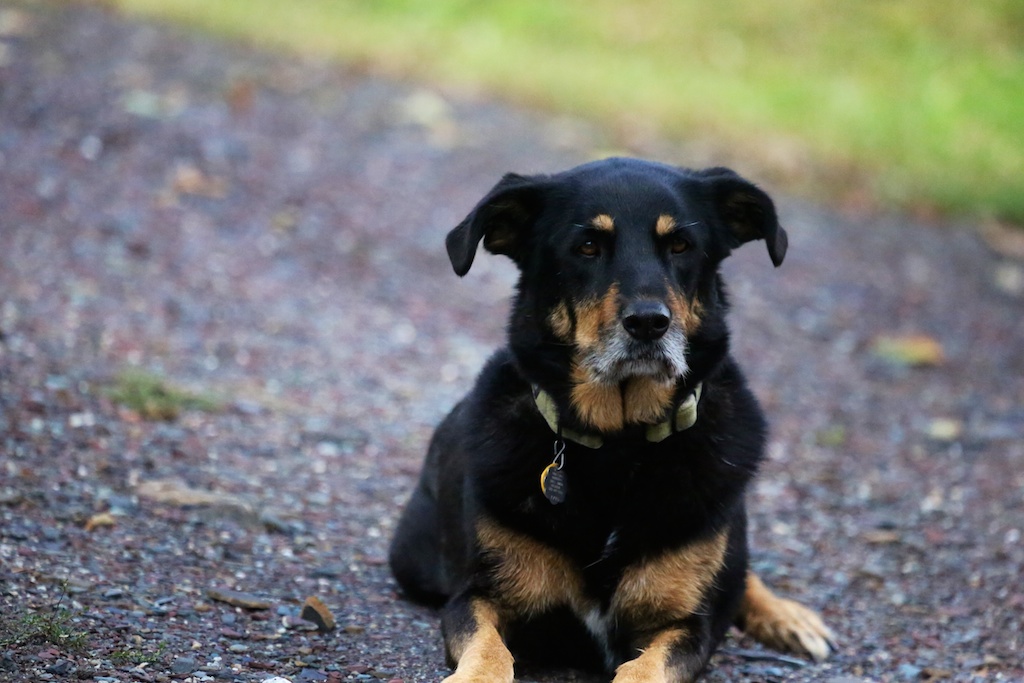
Monday morning, I posted a question on my Facebook Page: “Do You Believe The Only Morally Proper Way to Get A Dog In America Is To Rescue One? Do You Believe It Is Wrong To Buy A Dog From A Reputable Breeder?” Within a few hours I had more than 250 replies, and they are still coming in. I am interested in animal ethics, in the moral issues surrounding our life with animals, and people’s ideas about buying dogs have become intensely enmeshed with ethics as the comments show. Many people believe it is not only moral to rescue a dog or to get one from a shelter or rescue group, they increasingly believe it is immoral to get one any other way.
Most of the comments posted were reasonable and emphasized personal choice and freedom of choice. They supported the idea that people should get a dog in the best way that works for them and for the dog, and sometimes that means going to a breeder and sometimes to a shelter.
I posed the idea as a question, not an argument, knowing that in America, there are many arguments and very few discussions. The art of listening has become as rare as the practice of generousity and encouragement. I also know from my own ethical studies – Hannah Arendt, Thomas Merton, Aquinas, Socrates – that the most unethical behaviors in the world are often done under the banner of extreme self-righteousness. When people start believing their beliefs are noble and pure and everyone else’s are immoral and evil, then true evil is so often spawned and the worst horrors rationalized.Thus we live in a political system where no argument can prevail, no mind ever changed. This has also become one of the diseases of animal love, it is so closely connected to people hate.
I believe in Hannah Arendt’s approach to ethics, especially when it comes to animals. We are almost never ethical when we are telling other people what to do, only when we are striving to do the right thing ourselves. When we respect ourselves, and consider our choices and satisfy our own personal sense of honor It is, in fact, she wrote, unethical to assault people for having different ideas, or to judge them inferior because they differ from yours. Or to assume that your ideas are so noble there can be no question about them. I have never known or great of a great mind that did not frequently change.
Personally, I believe it is immoral to tell anyone how to get an animal or in what way. I believe that some of the best traits in dogs would be eroded or obliterated – I think in my own life of Rose, Lenore, Red – if good breeders vanished. Where do people think those wonderful border collies on TV come from? And I am grateful for the opportunity to take animals from troubled and difficult lives – Mother, Simon, Izzy, Frieda – and give them good homes and affection. I believe that much of the animal rescue impulse comes from a need to rescue ourselves and has little to do with animals, yet it nonetheless does much good and brings much joy and love.
My own idea of ethics is increasingly internal. When I have a pure heart and clear mind and open soul then I will start telling other people what to do. I hope I will never become angry if they choose a different path. In the meantime, it seems arrogant to me to presume that my ethics must be adopted by others. My wish for people and animals is that the people who acquire animals do so thoughtfully and that they live happily with them. It is not my business whether they go to a breeder or a shelter. There are good and bad dogs from breeders, good and bad dogs from shelters, honest and caring breeders and dishonorable ones, responsible shelters and irresponsible ones. We are all too human. For me, the first concern is the well-being of the dog I bring into my life, not exploiting them as a way of feeling superior to other people. And I hope I never lose the equally powerful impulse to make room in my life for animals who need my protection and shelter. As for each of you, I hope you do what is best for you and for the animals in your life.

